Refractory cement is also called high-temperature cement. The refractory degree of refractory cement is not less than 1580℃. Refractory cement is a clinker made by calcining bauxite and limestone as the main component, with calcium sulfate as the main component and an alumina content of 50%, and then ground into fine powder to make a fire-resistant hydraulic cementitious material. It can be used as a lining for cement rotary and other industrial kilns.
Types of refractory fire cement

Refractory cement can be divided into aluminate refractory cement, low calcium aluminate refractory cement, calcium magnesium aluminate cement, and dolomite refractory cement according to different compositions.
Physical and chemical indicators of refractory furnace cement
| Calcium Aluminate Cement | ||||||
| CA-65 | CA-68 | CA-70 | CA-75 | CA-80 | ||
| Chemical Composition (%) | Al2O3 | 64-66 | 67-69 | 69-71 | 73-75 | 77-80 |
| CaO | 32-34 | 29-31 | 27-29 | 23-25 | 18-20 | |
| SiO2 | 1.8 | 1.2 | 0.3 | 0.3 | 0.3 | |
| Fe2O3 | 0.6 | 0.6 | 0.3 | 0.3 | 0.3 | |
| Specific Surface (cm2/g) | 4500 | 4500 | 5000 | 5500 | 7000 | |
| Setting time (h:min) | Initial setting (min) | 0:40 | 0:40 | 0:40 | 0:45 | 0:45 |
| Final Setting (min) | 8:00 | 8:00 | 10:00 | 10:00 | 10:00 | |
| Cold Modulus of Rupture (MPa) | 24 hour | 6.0min | 6.0min | 6.0min | 6.0min | 5.0min |
| 72 hour | 8.0min | 8.0min | 8.0min | 8.0min | 6.0min | |
| Cold Crushing Strength (Mpa) | 24hour | 45.0min | 45.0min | 45.0min | 45.0min | 35.0min |
| 72hour | 70.0min | 70.0min | 70.0min | 70.0min | 60.0min | |
| Refractoriness (°C) | 1680 | 1710 | 1730 | 1750 | 1770 | |
Application of high-temperature cement
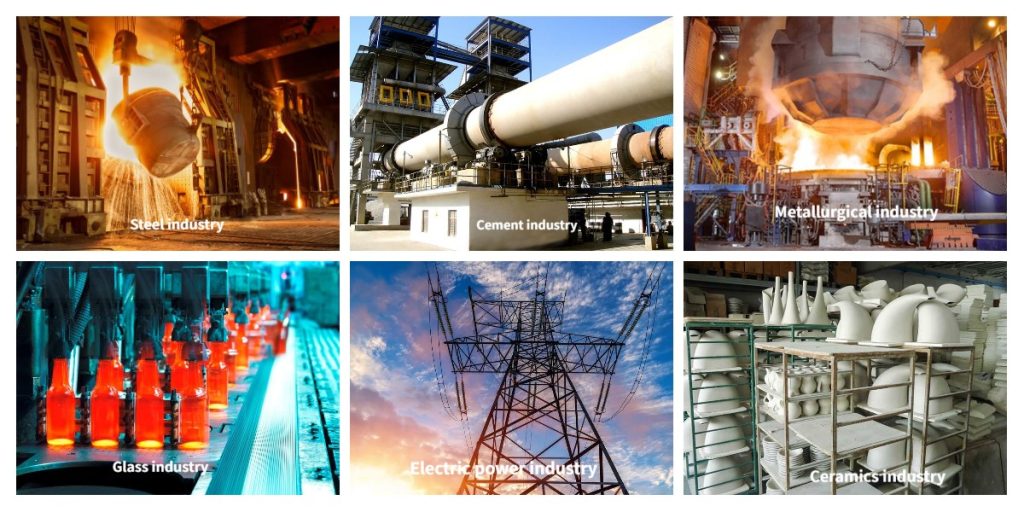
The main application areas of refractory cement are continuous high-temperature industries, such as steel smelting, glass production, cement production, furnace bodies, etc. Refractory cement is widely used in these fields because it can withstand harsh working environment conditions such as sustained high temperatures, high pressures, chemical corrosion, etc.
Things to note when baking refractory cement furnace lining
(1) At the normal temperature of 350°C, local bursting is most likely to occur, so special attention should be paid to slow baking. If a large amount of steam still emerges after insulation at 350°C, the heating rate should still be slowed down.
(2) Under conditions where ventilation is poor and water vapor cannot be easily discharged, the heat preservation time should be appropriately extended.
(3) When baking with heavy oil, be careful not to spray heavy oil on the surface of the furnace lining to prevent local bursting.
(4) When baking with firewood, direct contact with the flame often causes excessive local temperature rise and should be protected.
(5) The newly poured refractory cement must wait at least 3 days before baking.
(6) The cooling of the refractory cement furnace lining should also be slow and forced ventilation should be avoided.
Furnace cement packaging and shipping
Refractory cement is packaged in 25kg bags, which can also be customized, and then packaged in ton bags to facilitate transportation and transshipment.
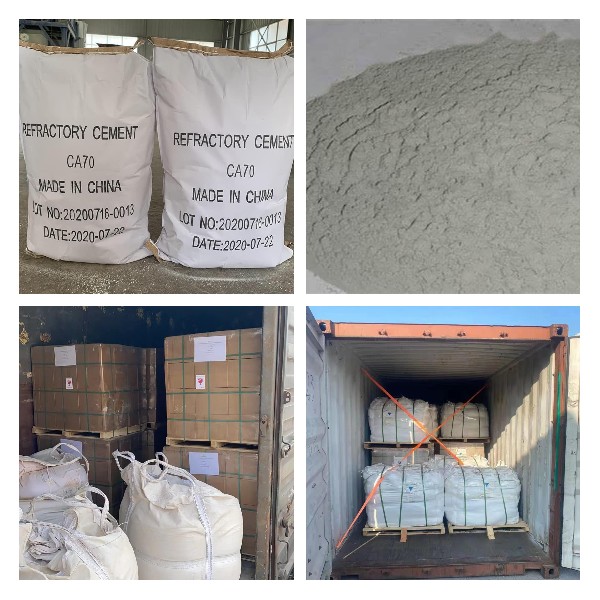
Our other refractory materials
We are a Chinese refractory material manufacturer that can produce refractory bricks of different materials; such as high alumina bricks, silica bricks, corundum bricks, mullite insulation bricks, magnesia carbon bricks, etc. We can also produce unshaped refractory materials, such as castables, refractory plastics, and refractory ramming materials; and can provide kiln insulation products; such as ceramic fiber blankets, ceramic fiber boards, and can also give continuous ladle casting nozzles and other refractory materials.
Our partners
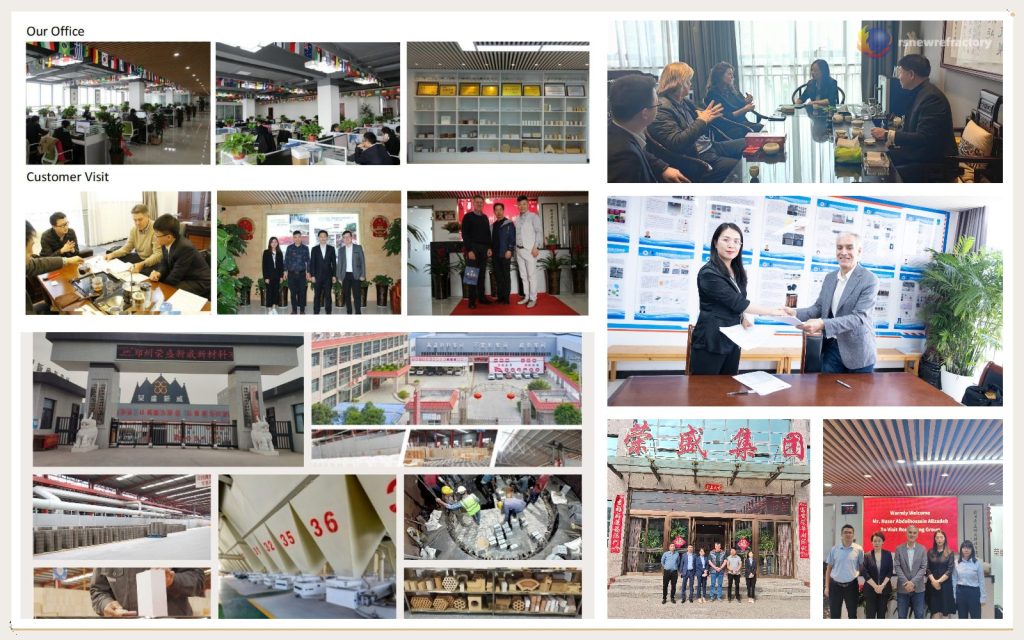
 Rongsheng Refractories Factory
Rongsheng Refractories Factory
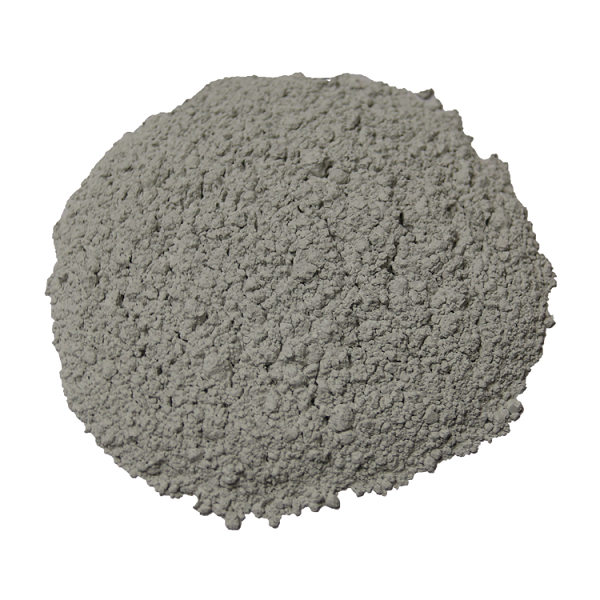
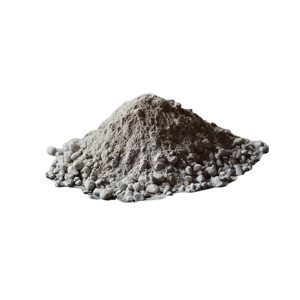
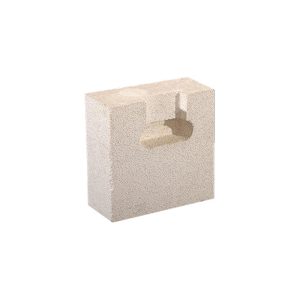
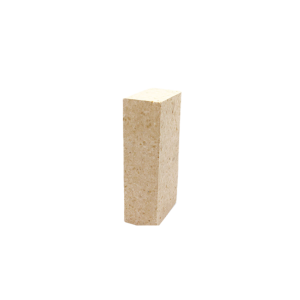
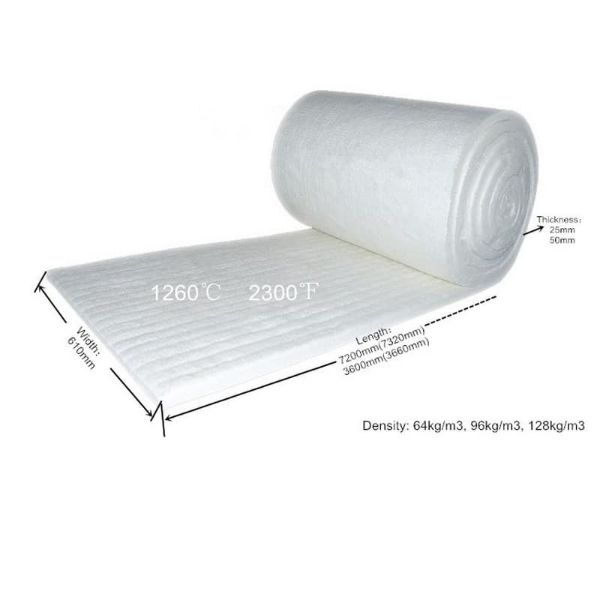
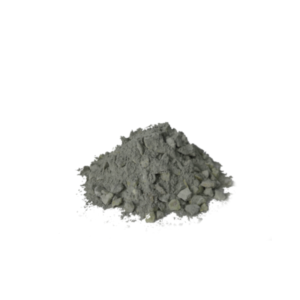
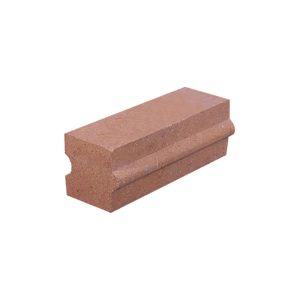
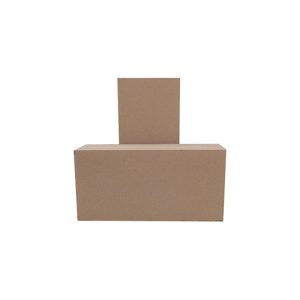
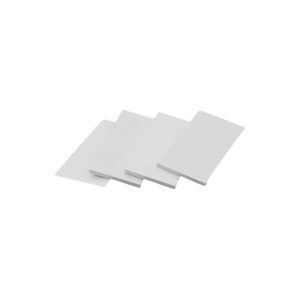
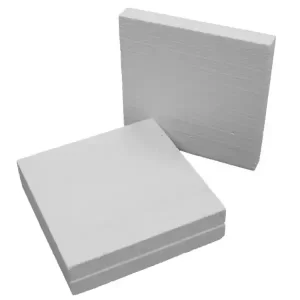
WeChat
Scan the QR Code with wechat